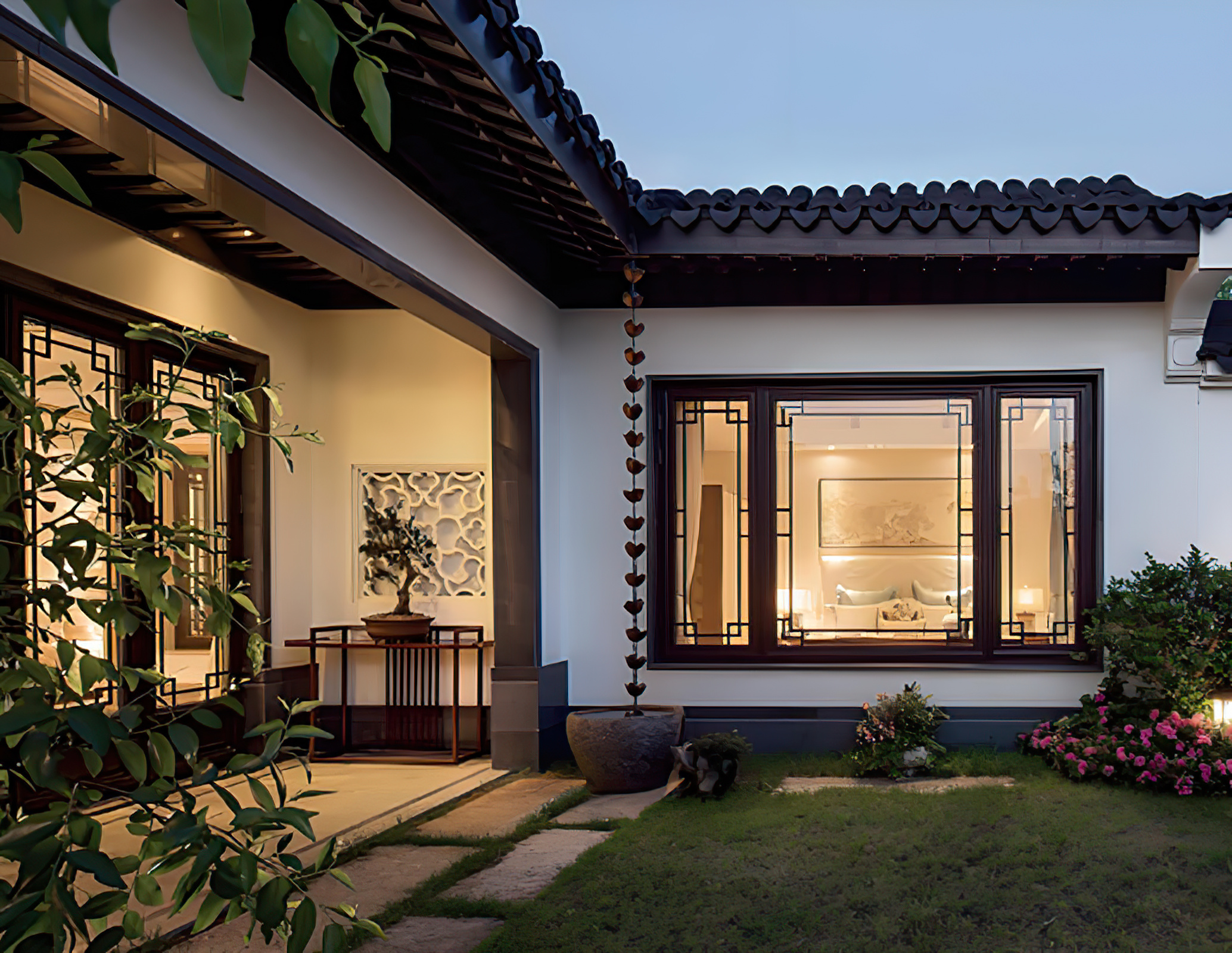Foshan Deezon Windows and Doors Co.,Ltd.
language
Exploring the Benefits and Features of Aluminum Casement Windows
Jul 08,2025

Aluminum casement windows are a favored option in contemporary building designs, offering a blend of aesthetic appeal and functional performance. These windows are hinged on one side and open outward, allowing for maximum ventilation and unobstructed views. Here, we explore the technical features and benefits that make aluminum casement windows stand out in the construction and decorative materials sector.
One of the primary advantages of aluminum as a material is its durability. Unlike wood, aluminum does not warp, crack, or swell, making it an ideal choice for areas with varying weather conditions. This inherent resilience translates into a longer lifespan for aluminum casement windows, reducing the need for frequent replacements. Additionally, aluminum can be extruded into thin profiles, providing a modern, sleek appearance without sacrificing strength.
Energy efficiency is a critical consideration in today’s construction standards. Aluminum casement windows can be enhanced with thermal breaks, which are insulating materials placed between the interior and exterior surfaces of the frame. This design minimizes heat transfer, helping to maintain indoor temperatures and reduce energy costs. When combined with double or triple glazing, aluminum casement windows can achieve impressive energy performance ratings, aligning with sustainability goals in building design.
Another feature worth noting is the design flexibility of aluminum casement windows. They can be customized in various sizes, colors, and finishes to suit the architectural style of any project. From sleek, modern facades to more traditional designs, these windows can seamlessly integrate into diverse aesthetics. Moreover, the ability to incorporate advanced locking mechanisms and hardware enhances the security of the building.
Furthermore, the maintenance requirements for aluminum casement windows are minimal. A periodic cleaning routine and occasional inspections for hardware functionality are typically all that is needed to ensure longevity. Unlike wood windows, which may require regular painting or staining, aluminum frames can be powder-coated for a long-lasting finish that resists fading and chipping.
In conclusion, aluminum casement windows are a strategic choice for professionals in the building and decorative materials industry, offering durability, energy efficiency, design adaptability, and low maintenance. Their unique features make them suitable for a wide range of applications, from residential to commercial buildings. By understanding these advantages, architects, builders, and designers can make informed decisions that benefit their projects and clients.
One of the primary advantages of aluminum as a material is its durability. Unlike wood, aluminum does not warp, crack, or swell, making it an ideal choice for areas with varying weather conditions. This inherent resilience translates into a longer lifespan for aluminum casement windows, reducing the need for frequent replacements. Additionally, aluminum can be extruded into thin profiles, providing a modern, sleek appearance without sacrificing strength.
Energy efficiency is a critical consideration in today’s construction standards. Aluminum casement windows can be enhanced with thermal breaks, which are insulating materials placed between the interior and exterior surfaces of the frame. This design minimizes heat transfer, helping to maintain indoor temperatures and reduce energy costs. When combined with double or triple glazing, aluminum casement windows can achieve impressive energy performance ratings, aligning with sustainability goals in building design.
Another feature worth noting is the design flexibility of aluminum casement windows. They can be customized in various sizes, colors, and finishes to suit the architectural style of any project. From sleek, modern facades to more traditional designs, these windows can seamlessly integrate into diverse aesthetics. Moreover, the ability to incorporate advanced locking mechanisms and hardware enhances the security of the building.
Furthermore, the maintenance requirements for aluminum casement windows are minimal. A periodic cleaning routine and occasional inspections for hardware functionality are typically all that is needed to ensure longevity. Unlike wood windows, which may require regular painting or staining, aluminum frames can be powder-coated for a long-lasting finish that resists fading and chipping.
In conclusion, aluminum casement windows are a strategic choice for professionals in the building and decorative materials industry, offering durability, energy efficiency, design adaptability, and low maintenance. Their unique features make them suitable for a wide range of applications, from residential to commercial buildings. By understanding these advantages, architects, builders, and designers can make informed decisions that benefit their projects and clients.
PREVIOUS:






